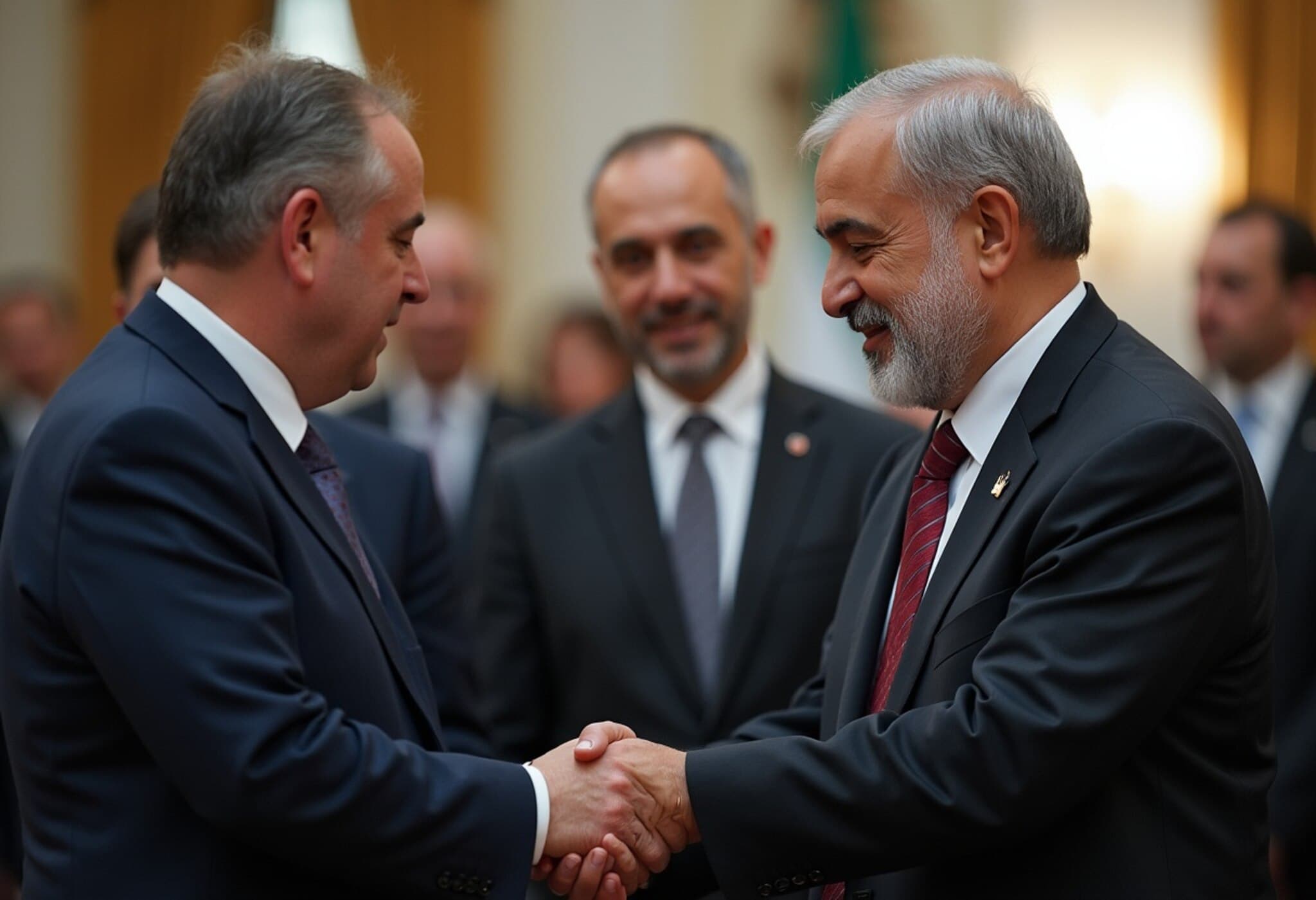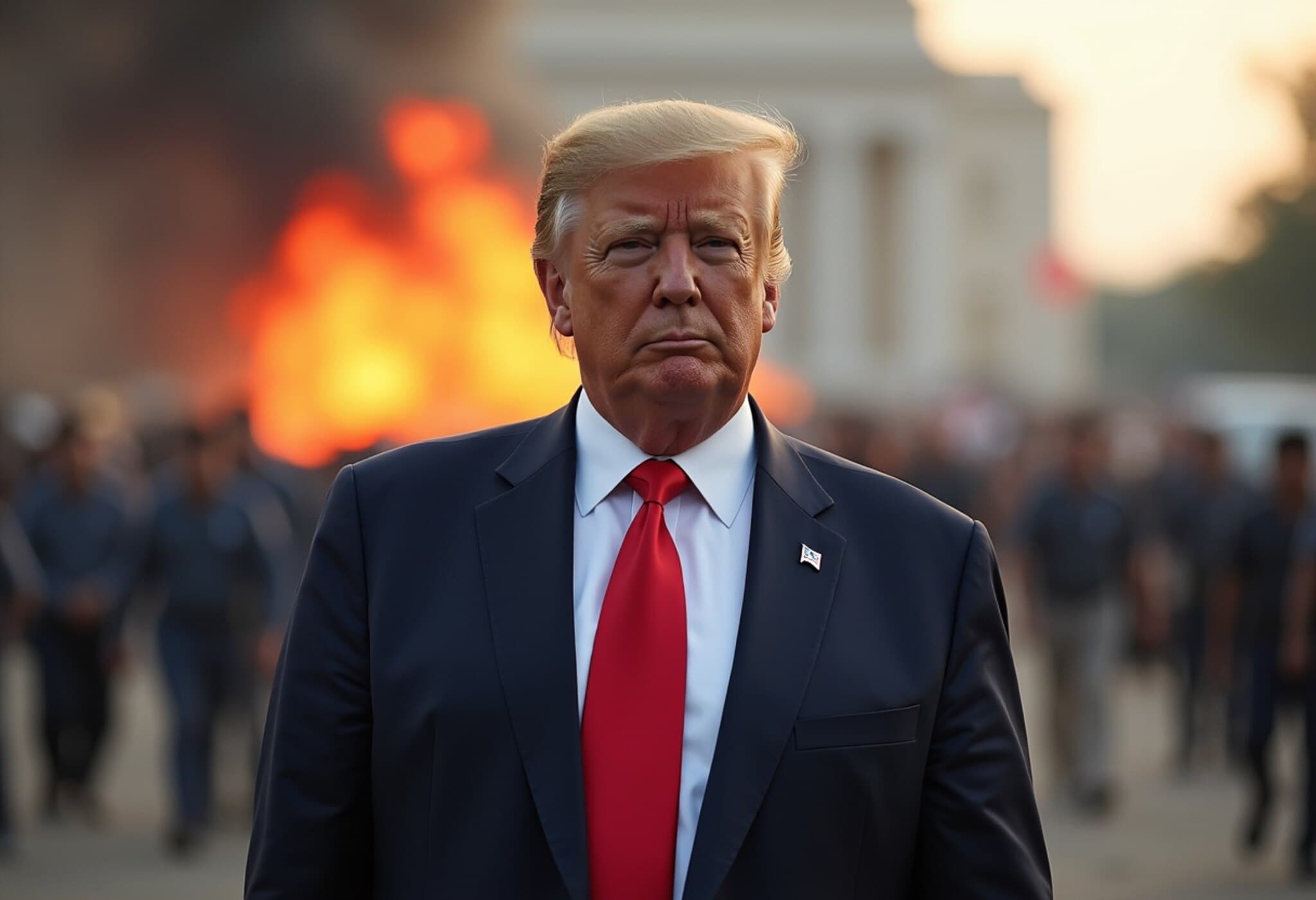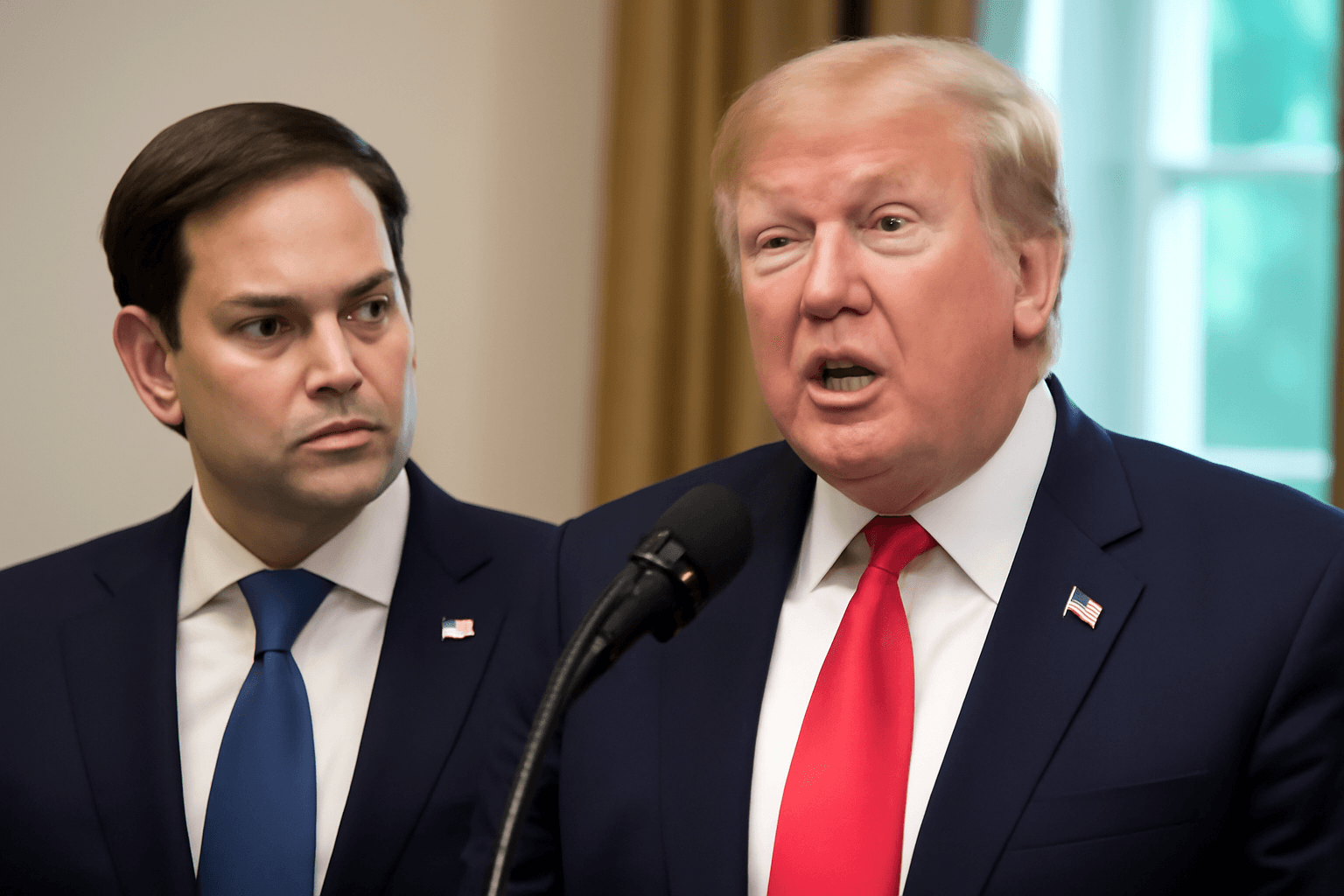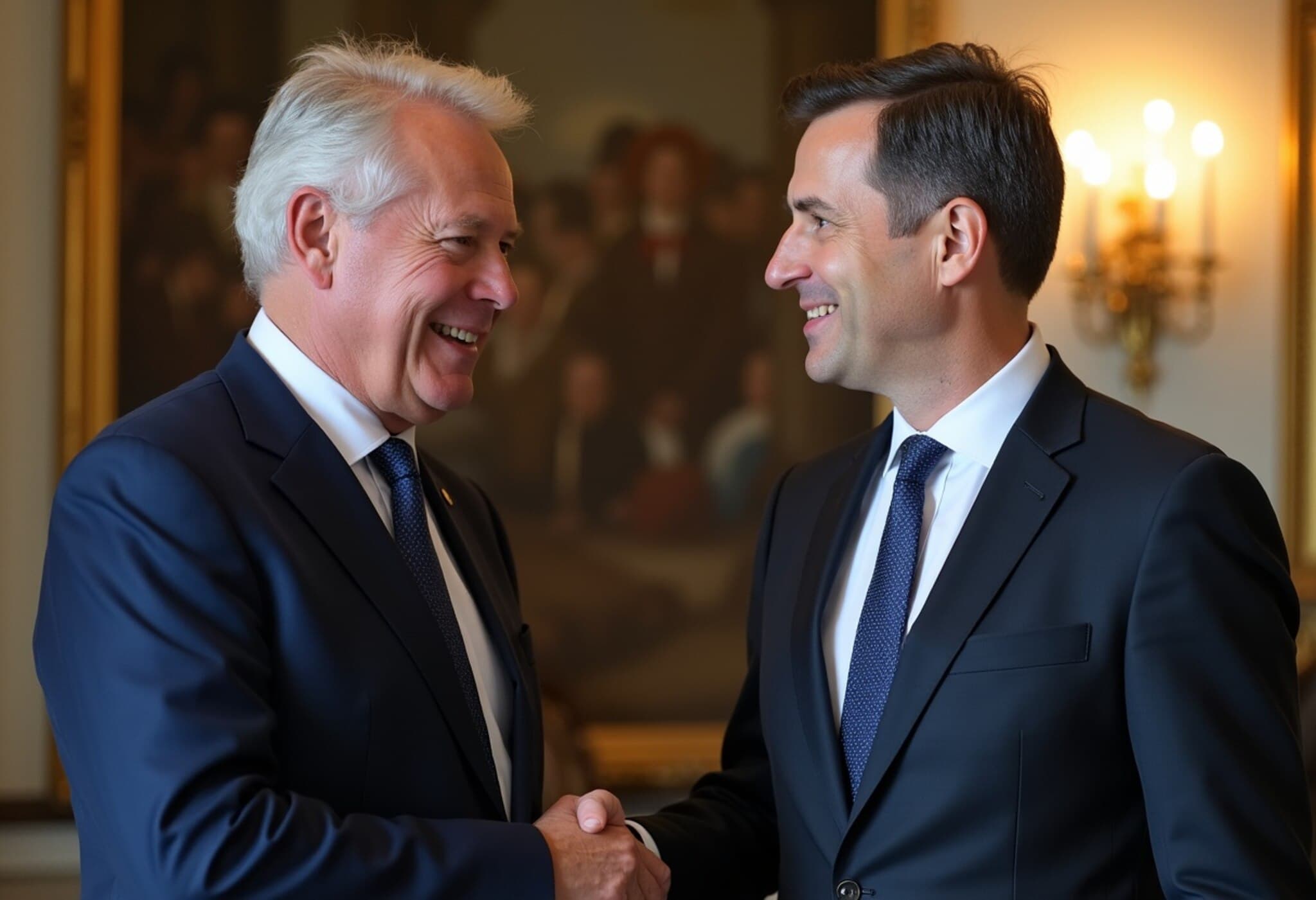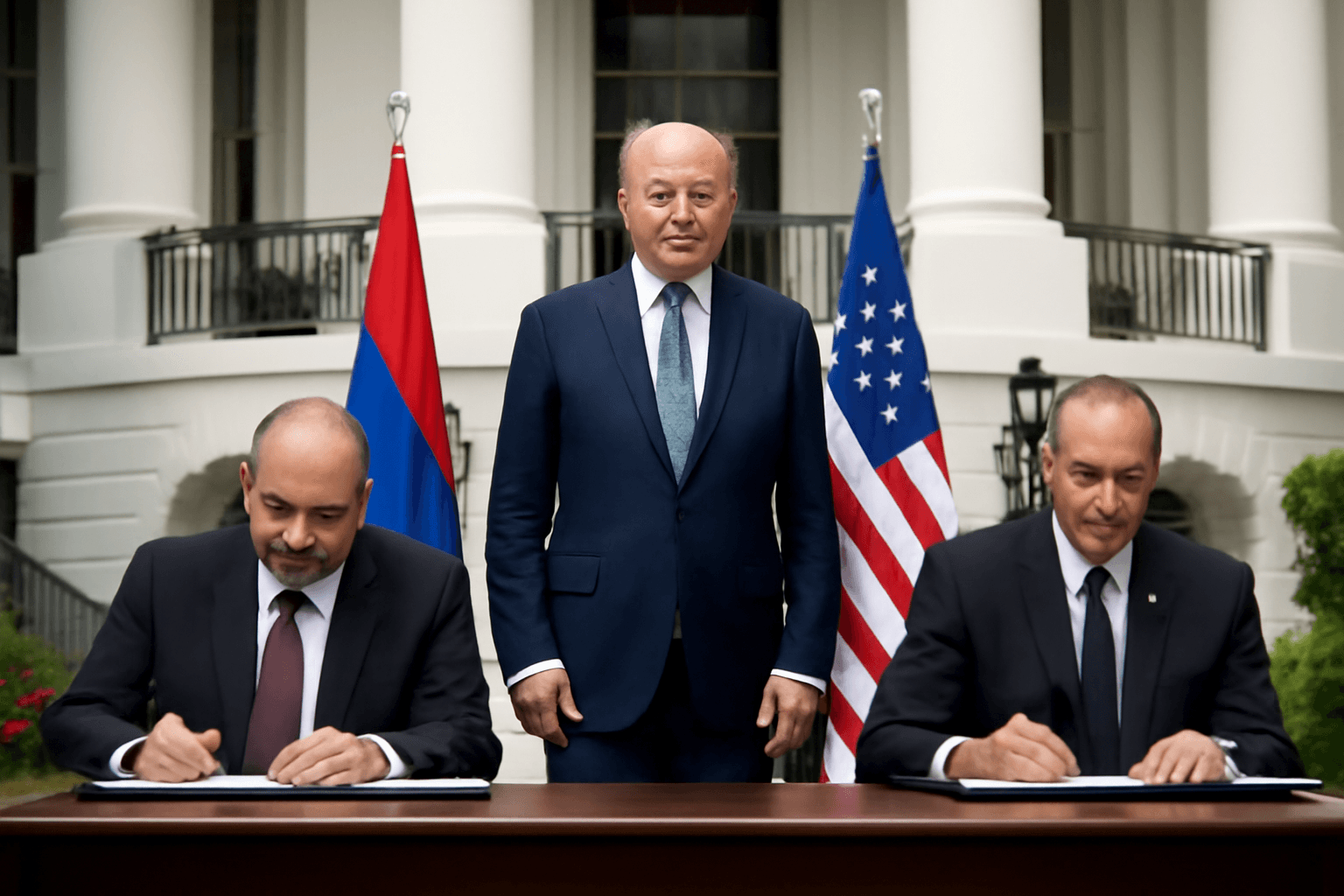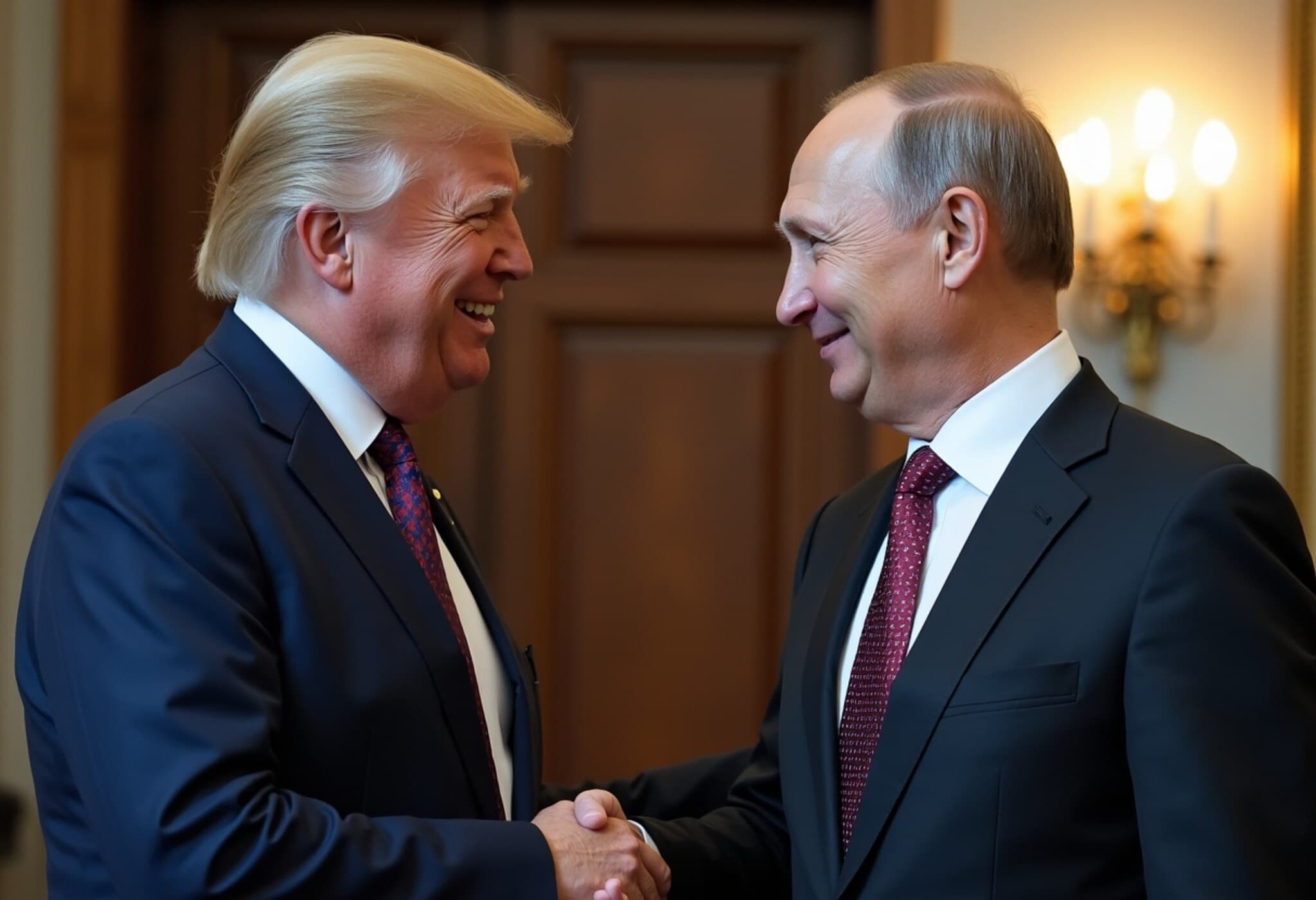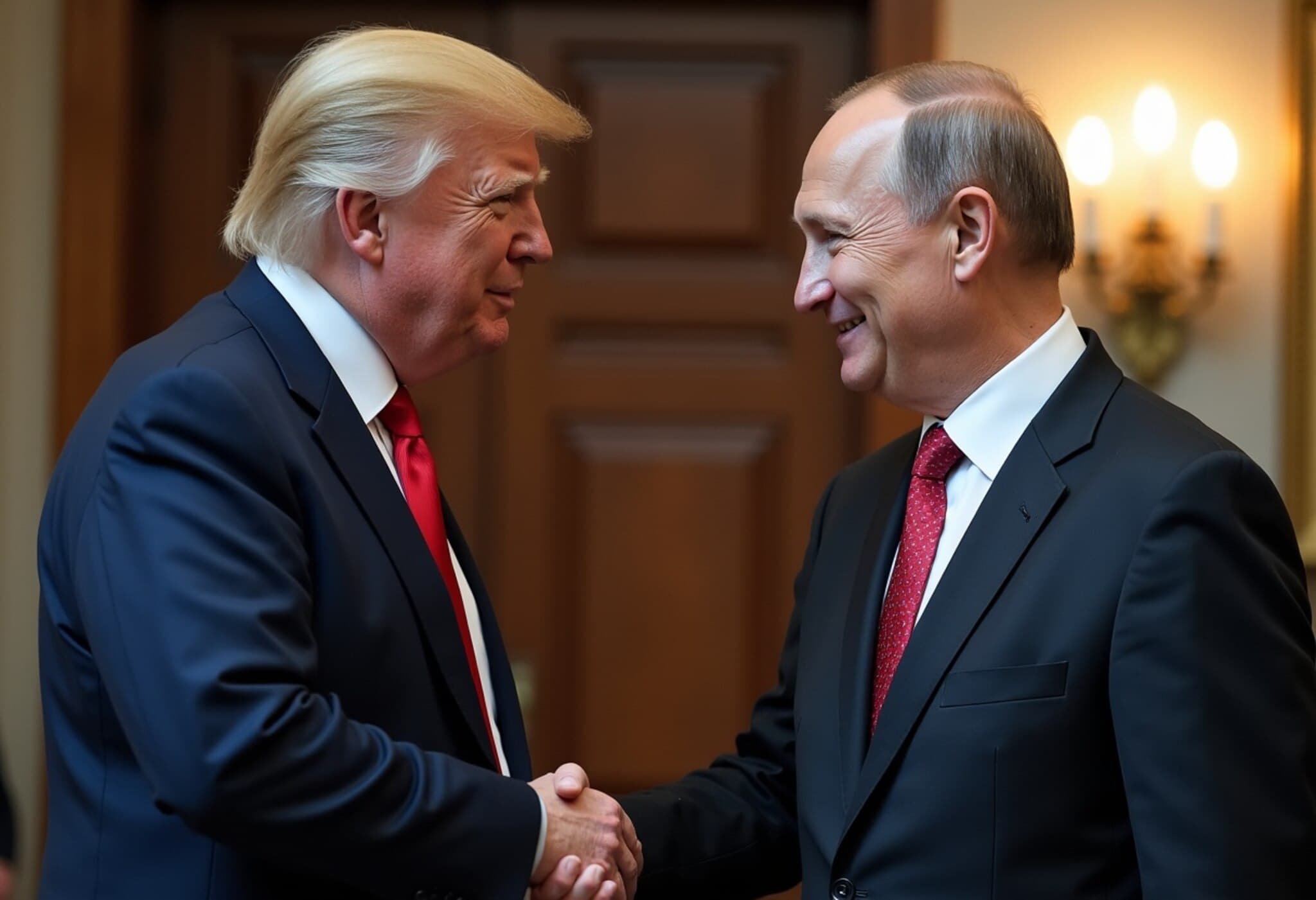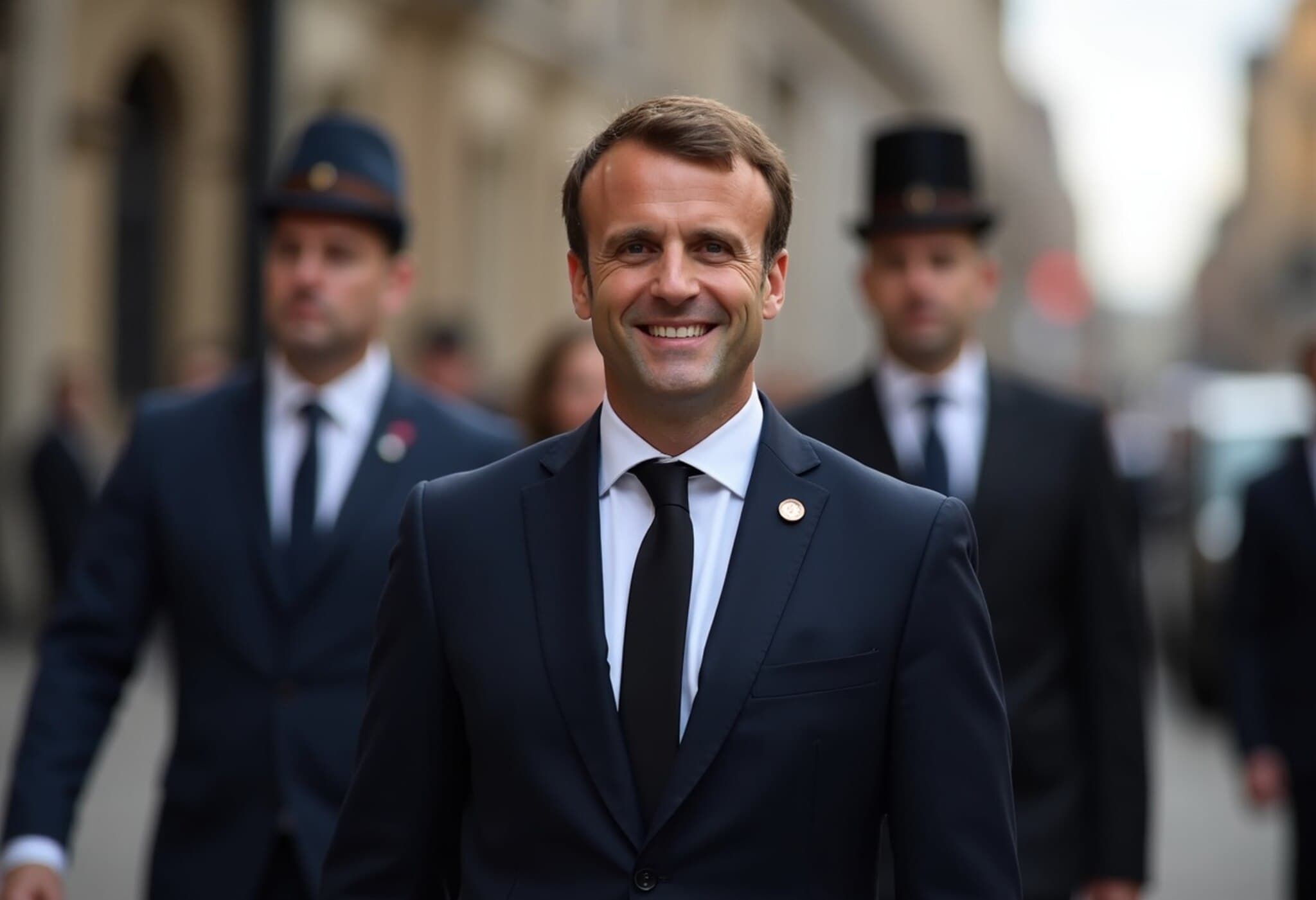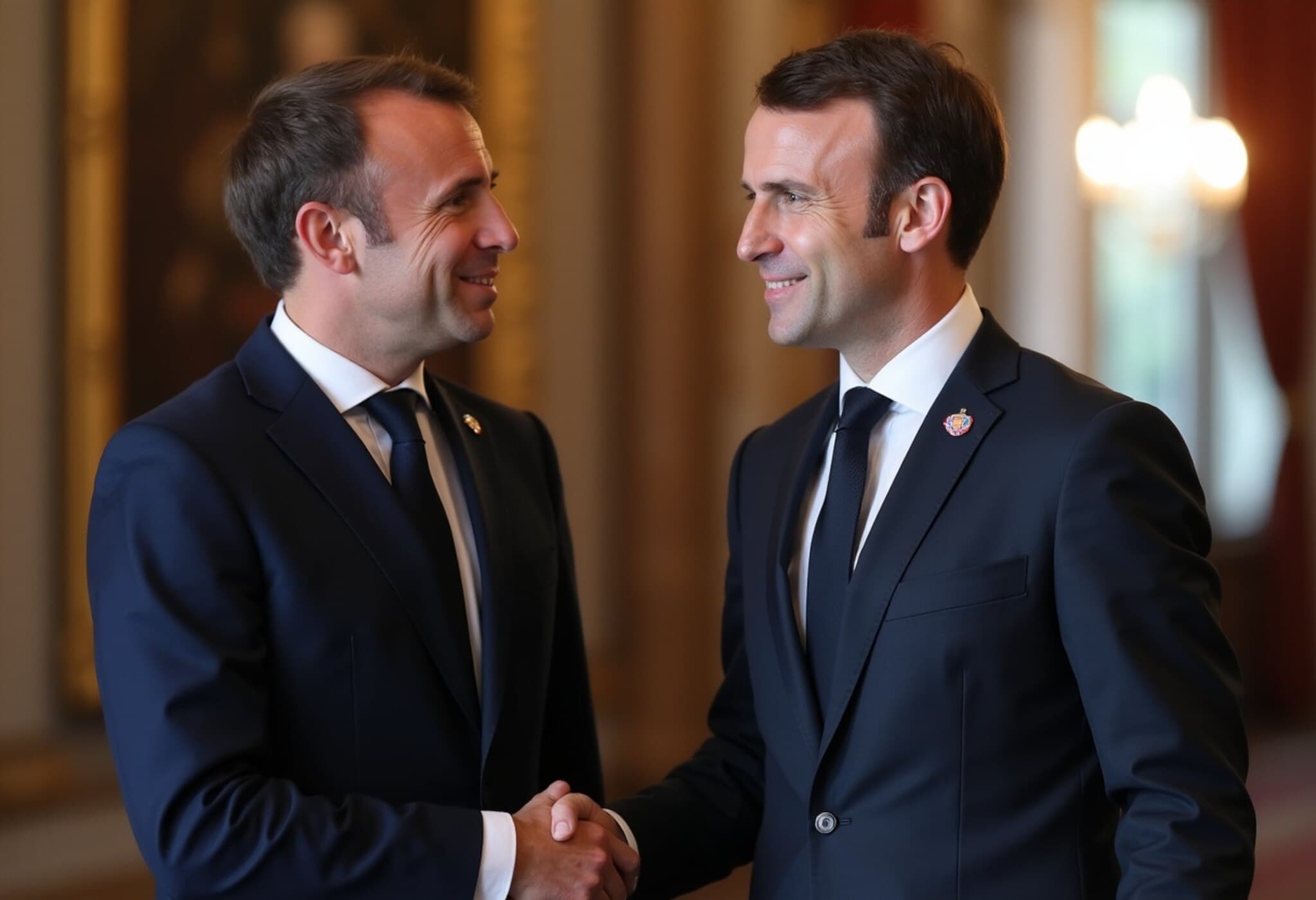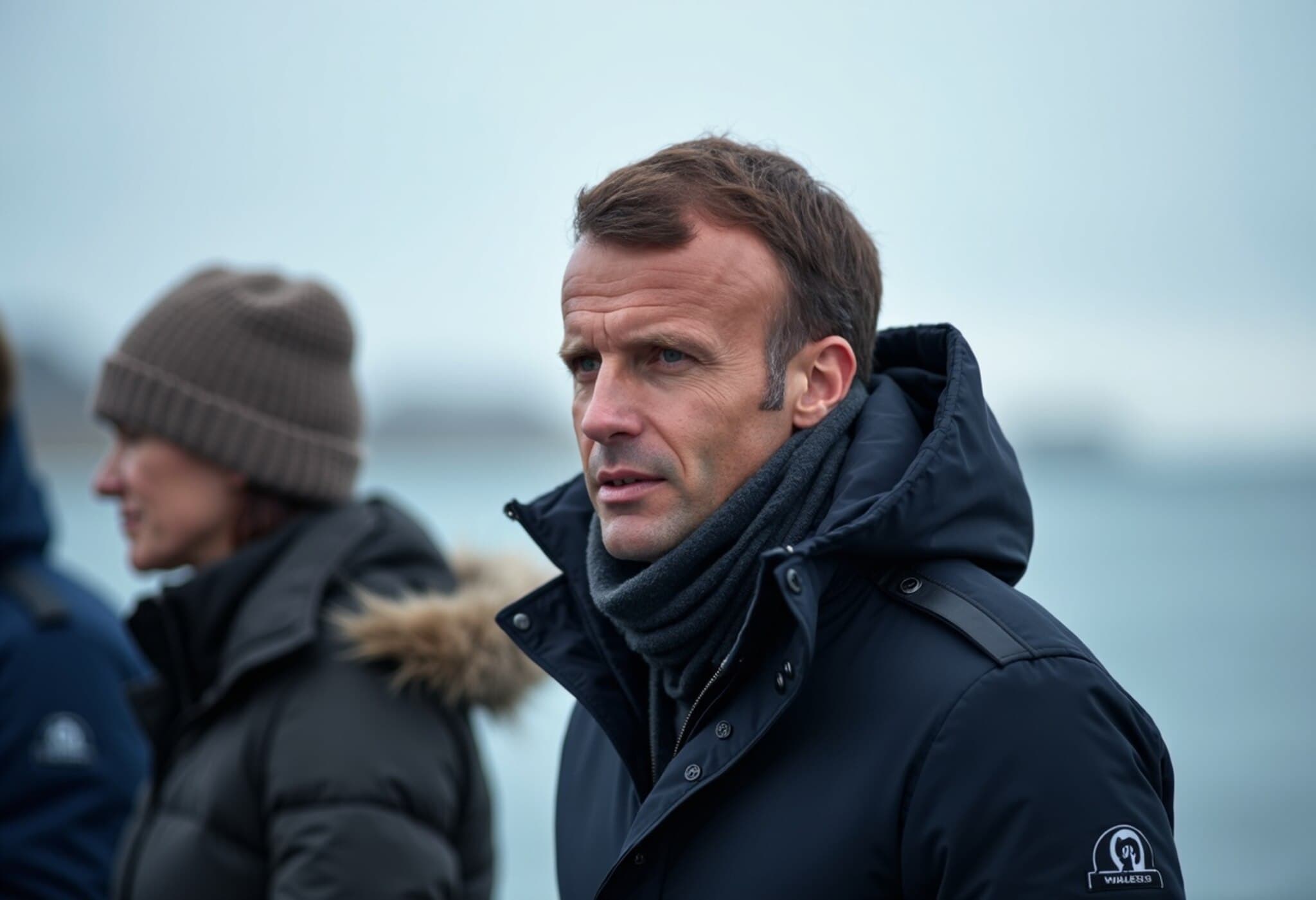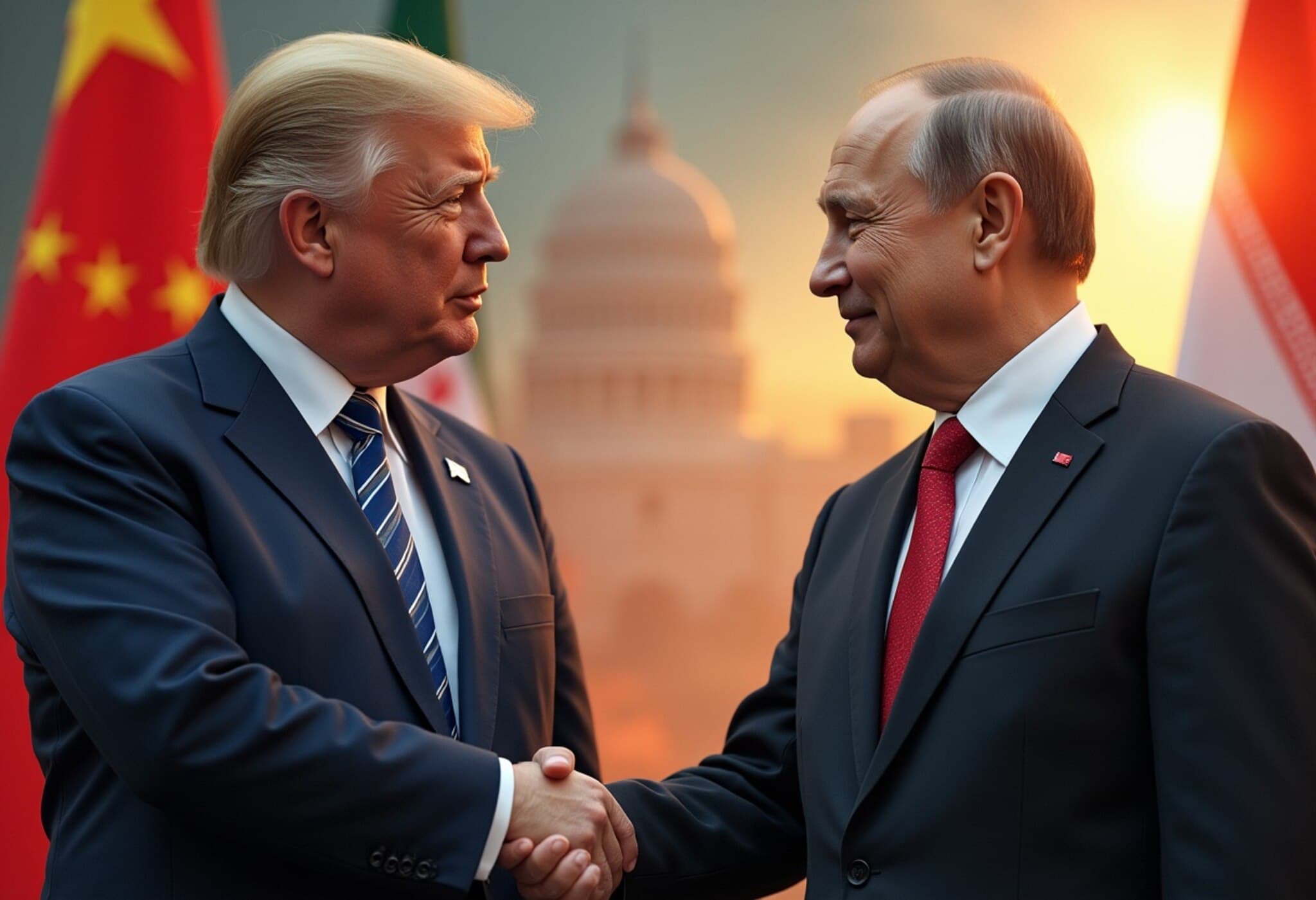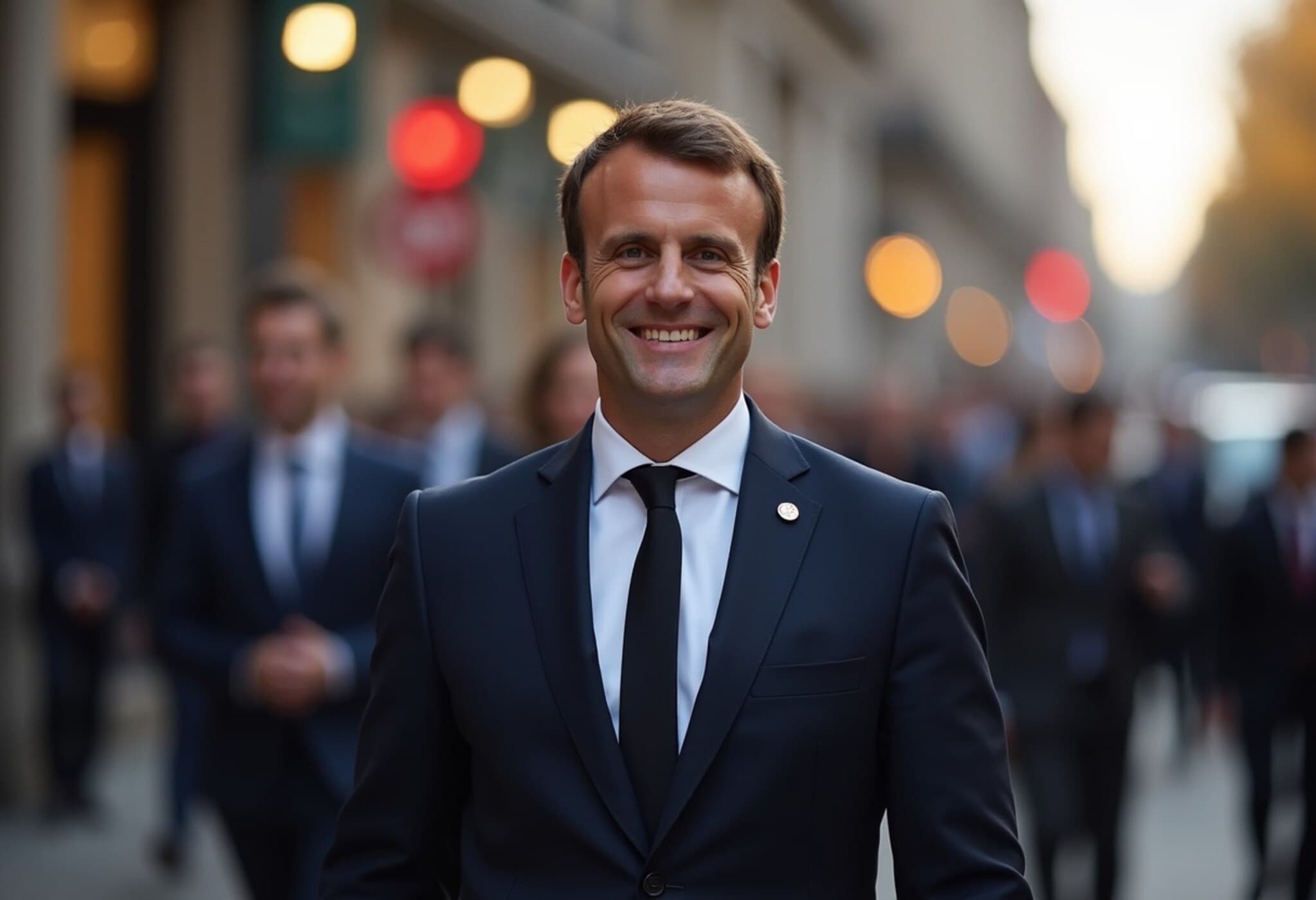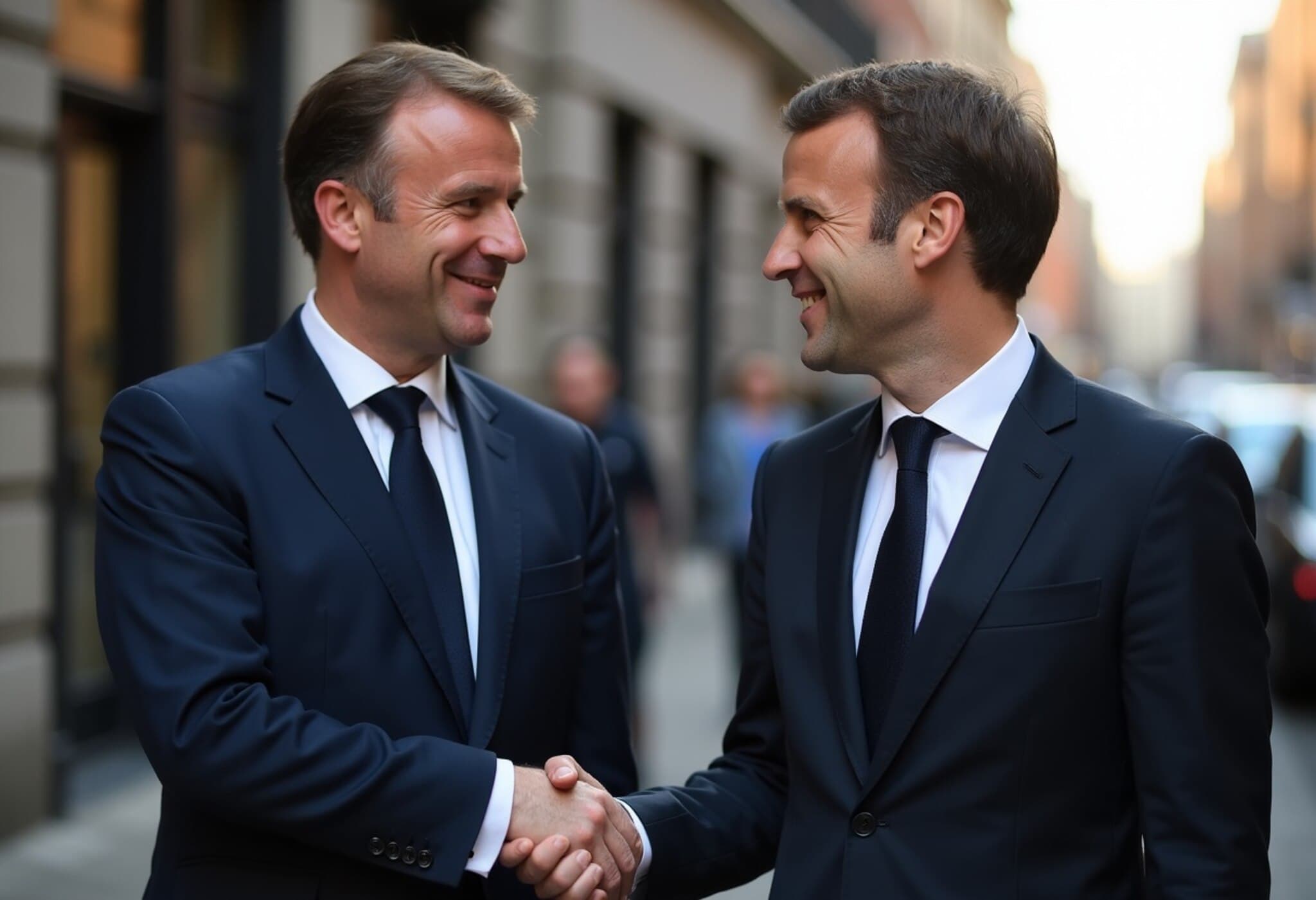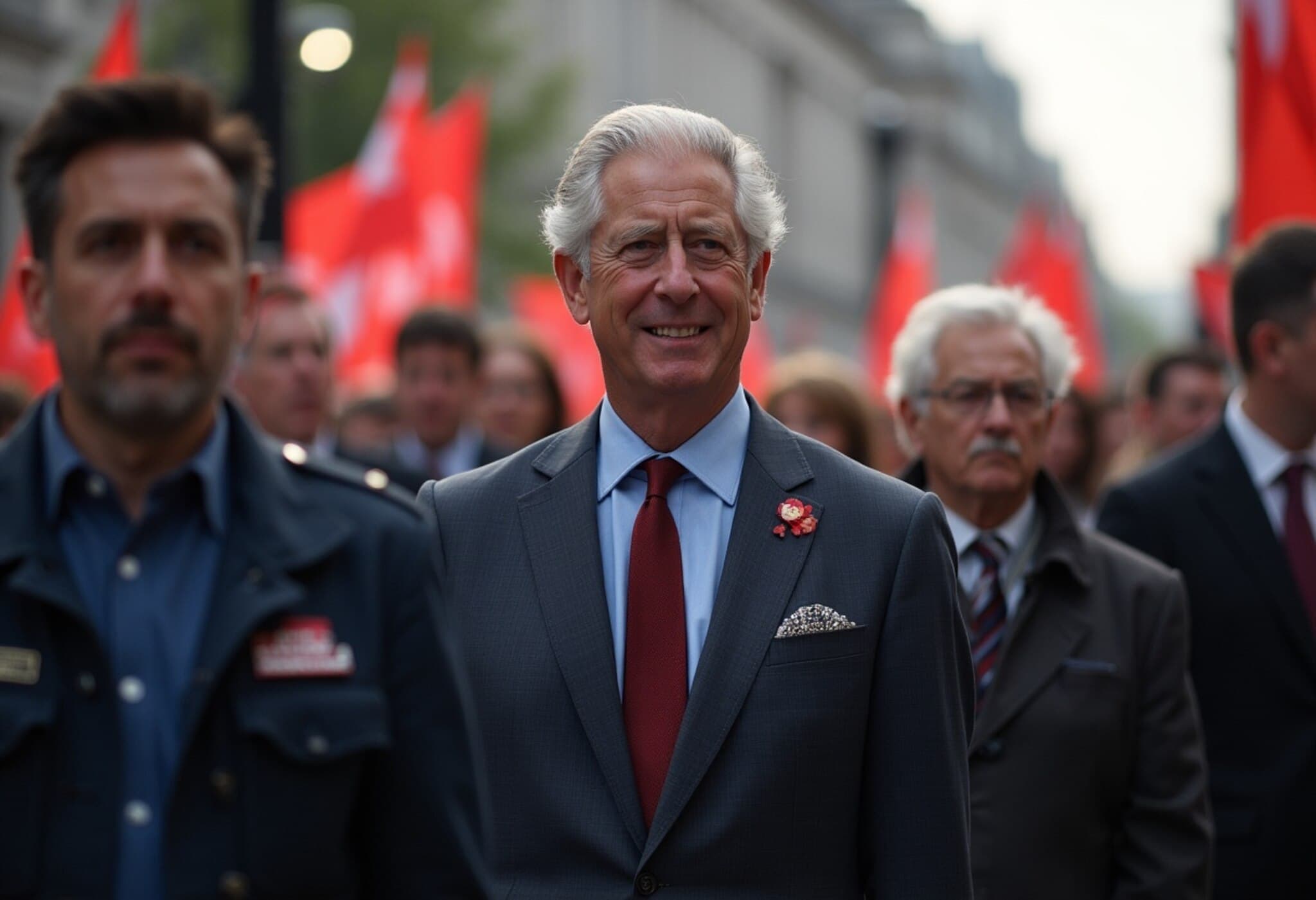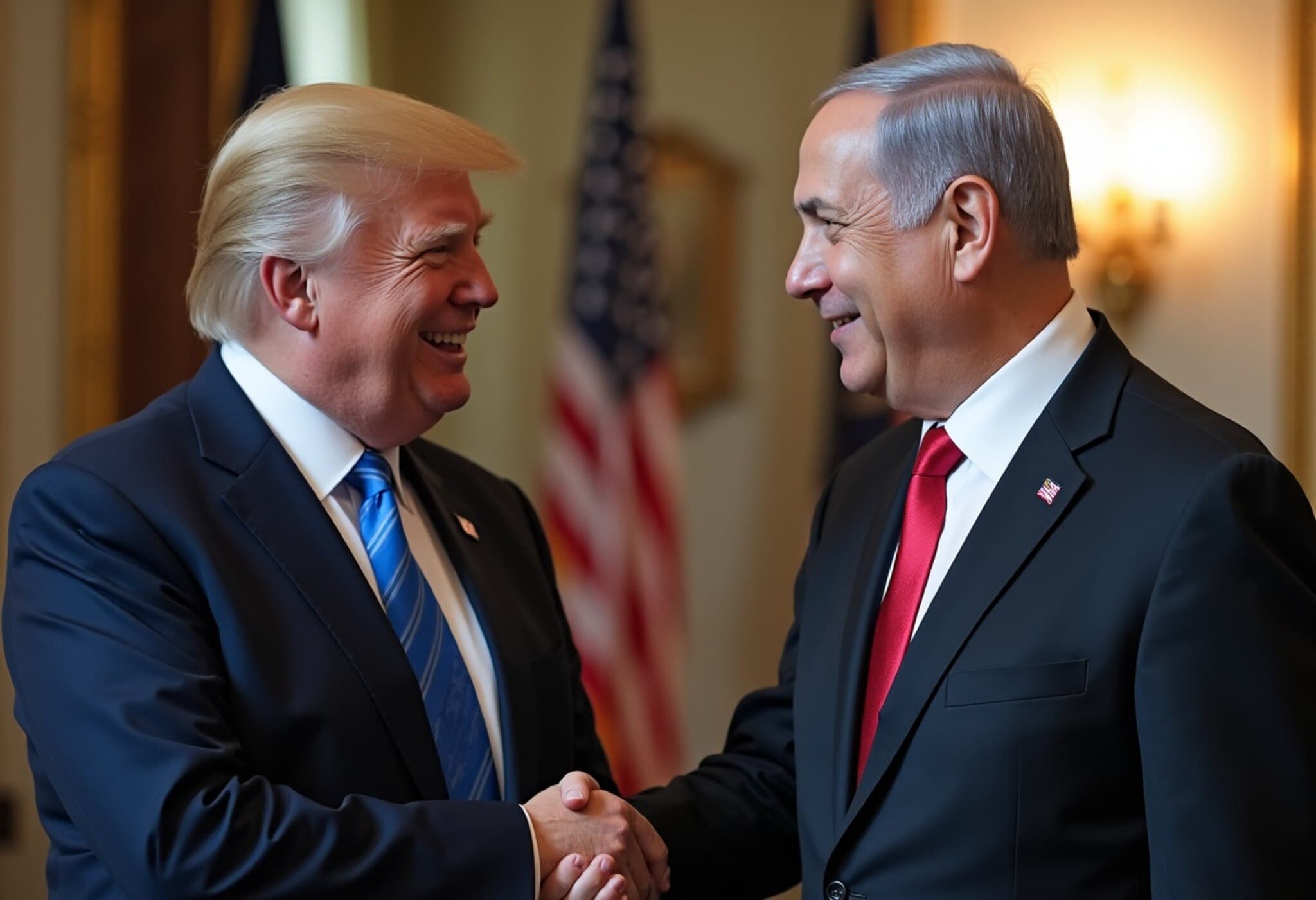Macron Arrives in UK First with State Visit, Outpacing Trump
In a significant diplomatic move, French President Emmanuel Macron has taken the lead by becoming the first world leader to arrive in the United Kingdom for a state visit in 2025—edging ahead of US President Donald Trump. This visit underscores a revitalized UK-France relationship, particularly after years marked by Brexit-related tensions.
Starmer’s Delicate Balancing Act: Keeping US Relations Warm
While Macron projects a robust, sometimes confrontational posture towards Trump, British Prime Minister Sir Keir Starmer continues to maintain a softer, more conciliatory approach toward the US president. This dual strategy highlights the UK's unique geopolitical landscape: prioritizing its historic special relationship with the United States while simultaneously deepening ties with European neighbors.
Contrasting Styles Between Macron and Starmer
Macron’s diplomacy is characterized by candid, sometimes firm pushback. Notably, during White House talks, he corrected Trump’s misleading statements about European support for Ukraine with calm factualness. Macron’s attendance in Greenland alongside Denmark also demonstrated his readiness to challenge Trump’s more provocative foreign policy ideas.
Conversely, Starmer opts for subtlety and pragmatism. Despite his reticence to publicly criticize Trump, Starmer has been actively smoothing diplomatic ruffles behind closed doors—engaging both Trump and Ukrainian President Volodymyr Zelenskyy after contentious interactions between the two. A former UK diplomat described Starmer’s approach as "shameless but necessary", reflecting the delicate dance of preserving vital transatlantic ties amid political friction.
UK-France Reset: A New Strategic Partnership
Macron’s state visit is more than ceremonial. It symbolizes a joint front by two European powers against rising global uncertainties—especially the ongoing Russian war in Ukraine and crises in West Asia. Both leaders champion initiatives like the “coalition of the willing,” aiming to establish a European peacekeeping force in Ukraine, showcasing a bipartisan effort rare in recent decades.
This reset marks a sharp departure from the often frosty UK-France relations seen during the Brexit saga, signaling efforts to strengthen defense coordination, manage immigration across the English Channel, and cooperate on sensitive nuclear matters.
What This Means for US-UK and EU-US Relations
- UK's Continued US Focus: Despite France’s firm stance on Trump, the UK under Starmer emphasizes continuity with the US, underscored by a recently concluded UK-US trade agreement.
- EU’s Negotiation Stance: Macron advocates for tougher EU-level negotiations with the US for trade agreements, reflecting diverging European responses to American policies.
- Managing Russia and Ukraine: Both France and the UK seek to preserve a united European front, balancing their approaches to Trump’s fluctuating Ukraine policy and broader geopolitical challenges.
Expert Insight: A Natural and Necessary Reset
Sebastien Maillard, special adviser at the Jacques Delors Institute, provides crucial perspective: the UK-France reset is “the most natural” response to global upheavals. He emphasizes that these permanent UN Security Council members share deeply rooted values, from defending Ukraine to upgrading military capabilities, and see this rapprochement as essential to uphold international law amid unpredictable geopolitical shifts.
The Bigger Picture: Different Paths, Shared Goals
The diverging approaches to Trump may initially seem conflicting, but experts argue they complement one another in preserving Western alliances. Macron’s assertiveness paired with Starmer’s diplomacy offers a multifaceted strategy designed to maintain stability with both the US and Europe.
The duo’s collaboration sends a clear message to figures like Trump and Vladimir Putin: the UK and France are united in principle and action, committed to defending democratic values and regional security.
Conclusion: Navigating Complexity in International Relations
The Macron visit and ongoing UK-France reset illuminate the complexities of modern diplomacy—where national interests, historical alliances, and evolving global challenges intersect. While Starmer’s soft approach to Trump may raise eyebrows, it is rooted in pragmatic calculations aimed at sustaining a cornerstone of UK foreign policy.
Ultimately, as Europe and the West confront pressing crises, the blend of firmness and finesse in diplomatic relations might just be the key to navigating uncertain times.
Editor’s Note
This evolving UK-France partnership amid careful US engagement invites reflection: How can democratic nations balance competing alliances without compromising core values? And as new global challenges arise, will this dual strategy of assertiveness and diplomacy serve as a blueprint for future international relations? Observers should watch closely how these dynamics influence not just Europe, but global stability in the years ahead.


